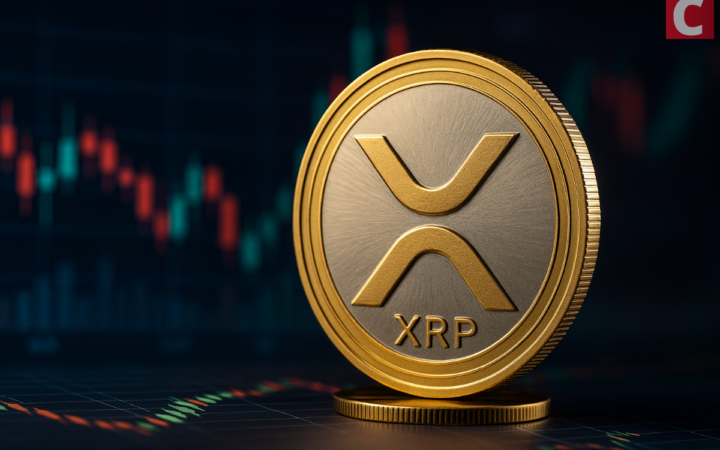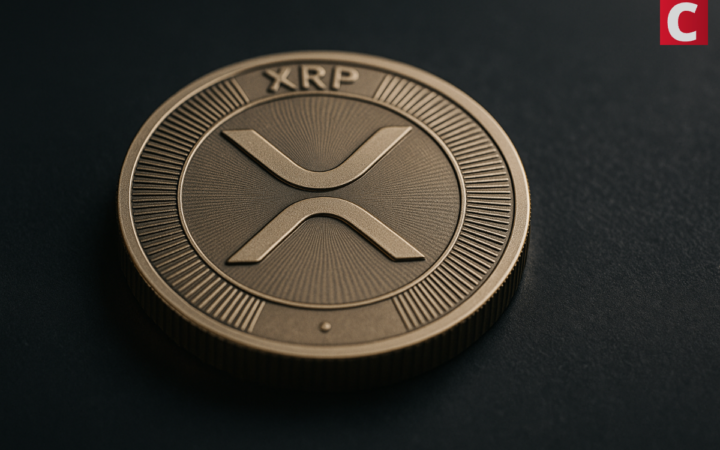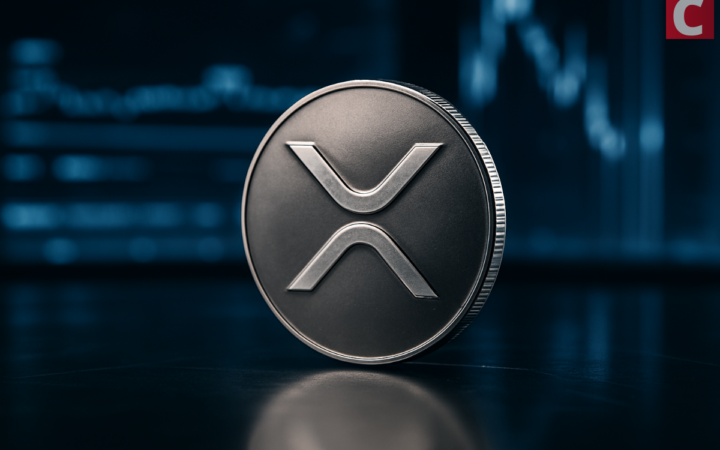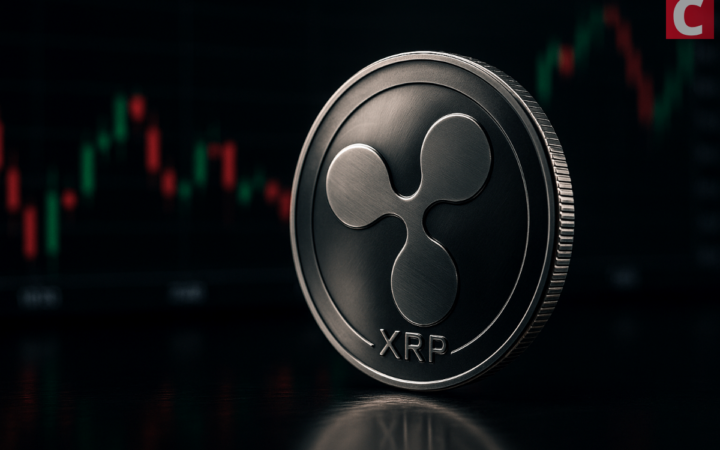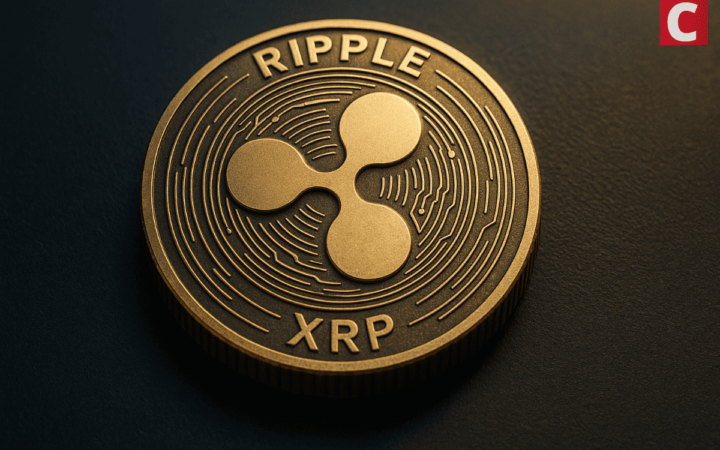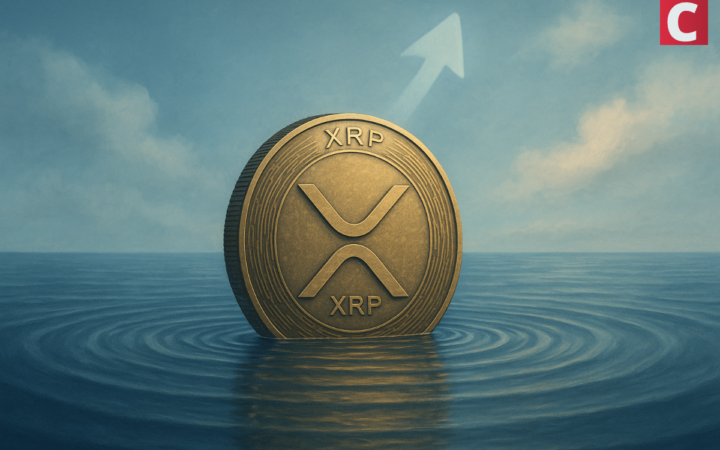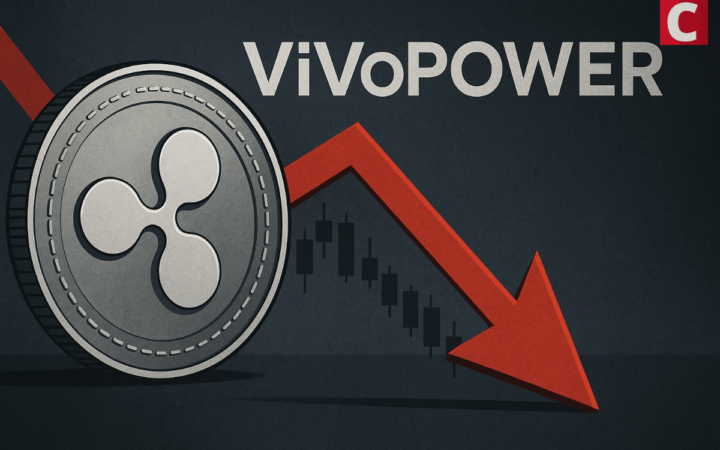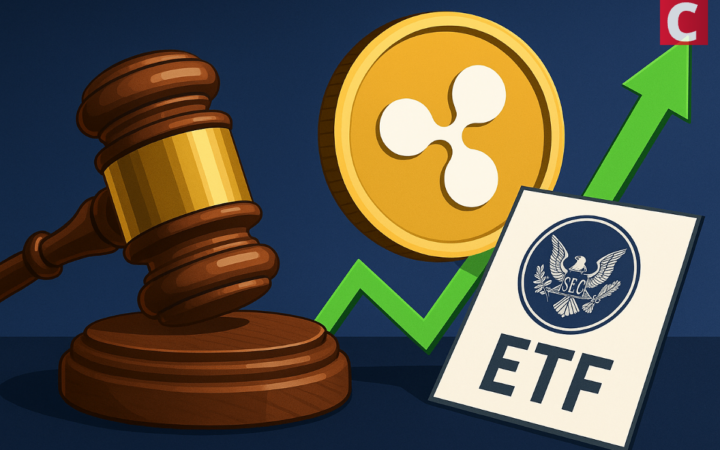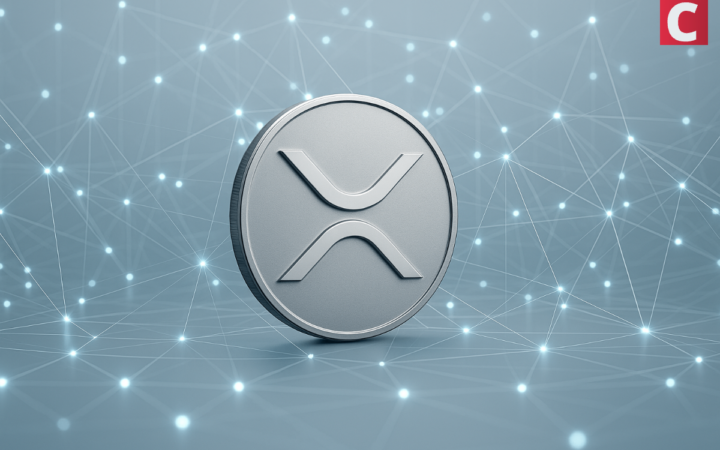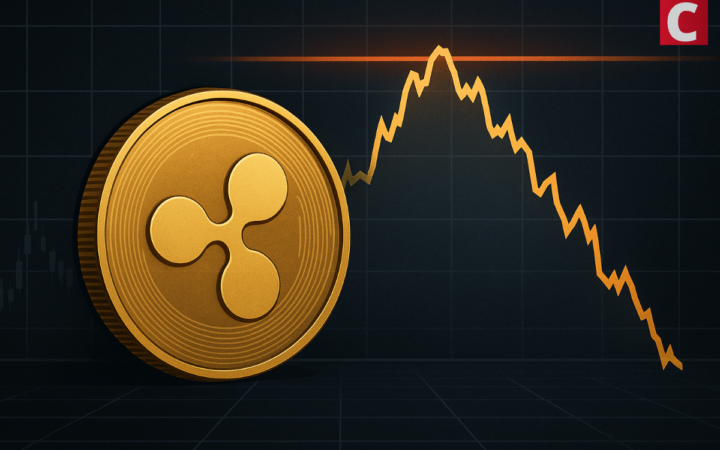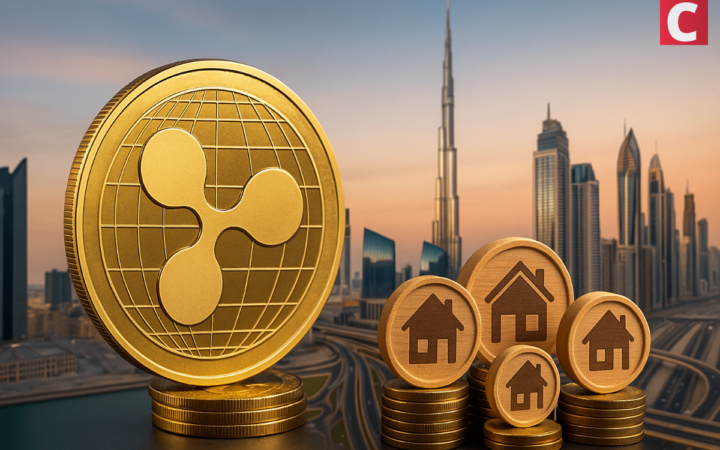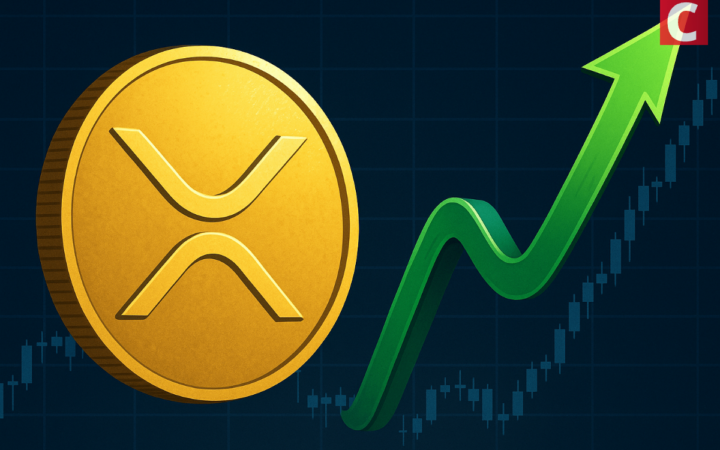Ripple token or XRP is an independent digital asset, native to the Ripple Consensus Ledger. Ripple is a real-time gross settlement system (RTGS), currency exchange and remittance network by Ripple. Also called the Ripple Transaction Protocol (RTXP) or Ripple protocol, it is built upon a distributed open source Internet protocol, consensus ledger and native currency (XRP).
Released in 2012, Ripple purports to enable “secure, instant and nearly free global financial transactions of any size with no chargebacks.” It supports tokens representing fiat currency, cryptocurrency, commodity or any other unit of value such as frequent flier miles or mobile minutes. At its core, Ripple is based around a shared, public database or ledger, which uses a consensus process that allows for payments, exchanges and remittance in a distributed process.
Click to see more

